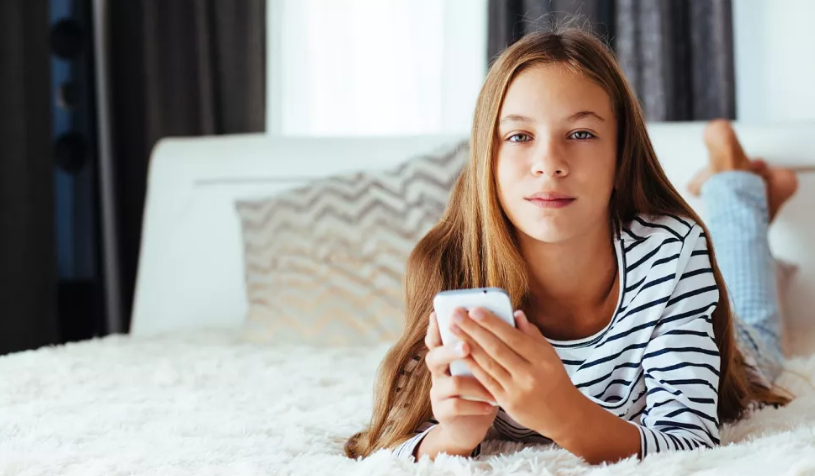Teenagers in Sweden are spending more time on their devices than recommended by health authorities, with teenage girls in particular showing troubling links between extended screen time, poor sleep, and symptoms of depression, according to new research.
A study conducted by researchers at Sweden’s prestigious Karolinska Institute tracked the habits of 4,810 students aged 12 to 16 over the course of a year. The results, published in the journal PLOS Global Public Health, found that both boys and girls averaged three to four hours per day on smartphones and other screens—exceeding the Swedish Public Health Agency’s guideline of two to three hours for this age group.
While both genders used their devices at similar levels, the impact was notably different for girls. The study found that teenage girls had depression scores nearly twice as high as boys at comparable levels of screen use. In addition, screen exposure among girls was closely tied to poorer sleep quality, shorter sleep duration, and disruptions in chronotype—the body’s natural preference for sleeping at a certain time.
The researchers highlighted that screen time led to what they called “sleep displacement,” a phenomenon in which bedtime is pushed later, interfering with the body’s natural sleep cycle. This effect was more pronounced in girls, potentially explaining the gender gap in mental health outcomes.
“Our results do suggest that less screen time seems healthier, in line with previous World Health Organization statements,” the study authors noted. They added that reducing screen time could help lower the “high burden of depressive states” observed among Swedish teenage girls—and possibly boys.
While the study draws strong correlations, experts cautioned against interpreting the results as proof of direct causation. Chris Ferguson, a psychology professor at Stetson University in the U.S. who was not involved in the research, pointed out that the data relied on self-reported screen time, which is known to be unreliable.
Even so, other researchers said the findings could contribute to public health policy. Ben Carter, a professor at King’s College London, argued that clearer national guidelines on screen time—especially on school nights—could help families manage digital habits and improve adolescent well-being.
“Sleep in the development of adolescents is essential,” Carter said. “Guidance could empower parents and help adolescents avoid daytime sleepiness and improve overall mental health.”
The study echoes similar findings from Norway, where a large-scale study of university students also linked screen use in bed with insomnia and reduced sleep duration, suggesting the issue may be widespread across the region.


